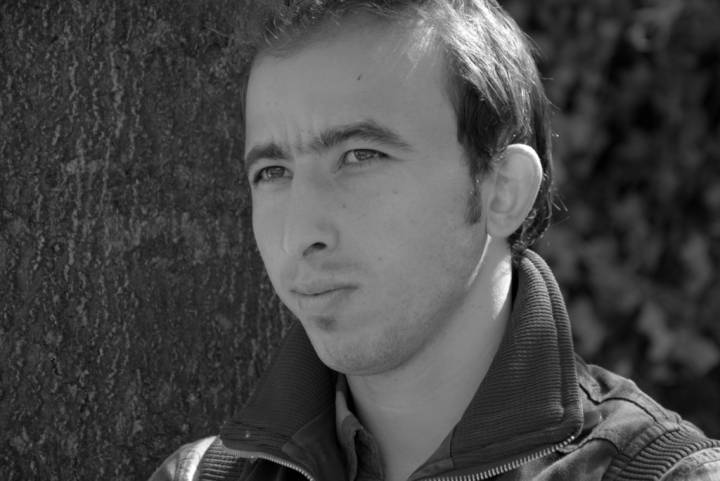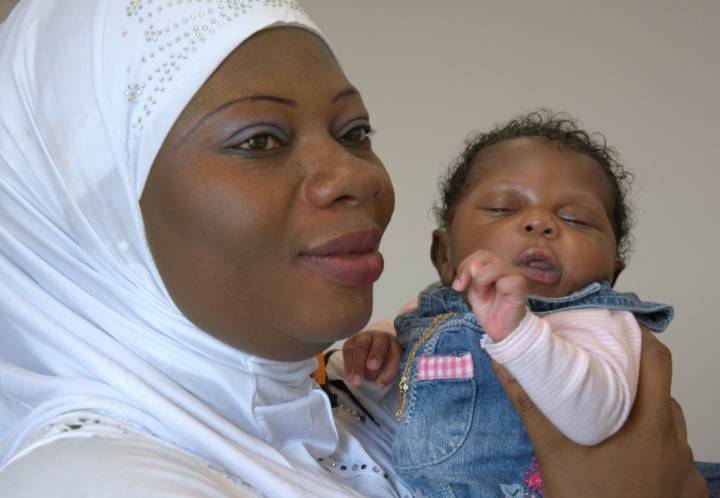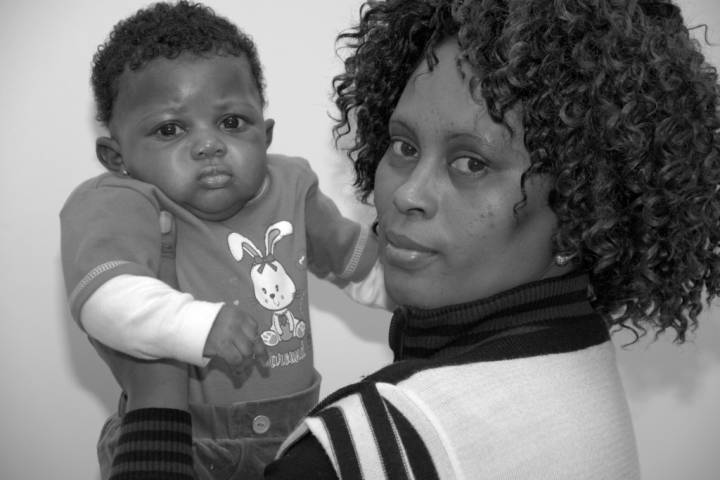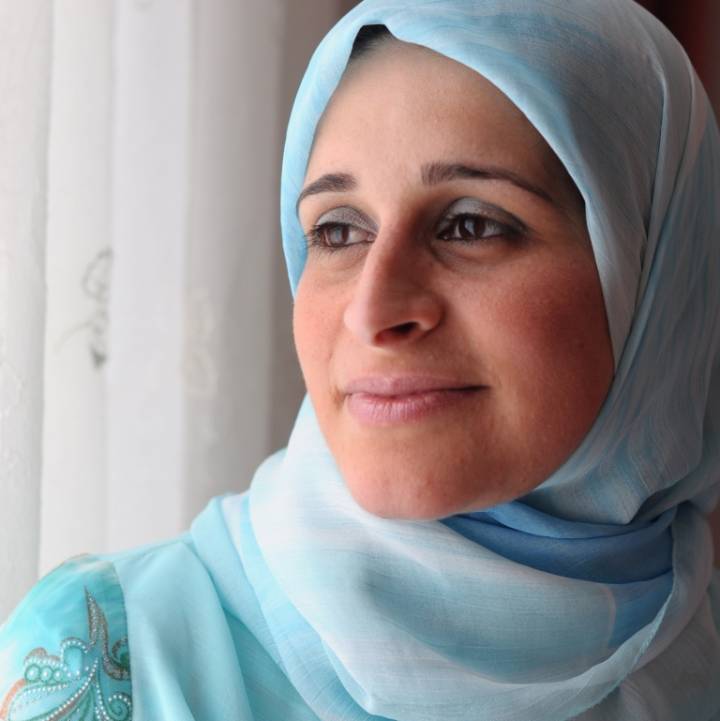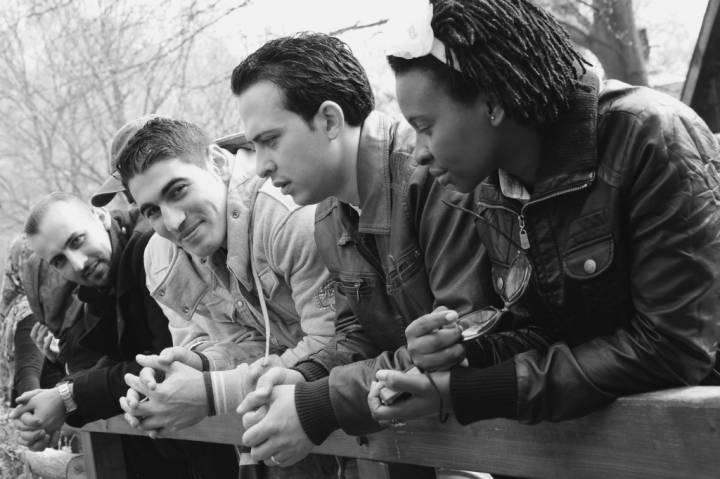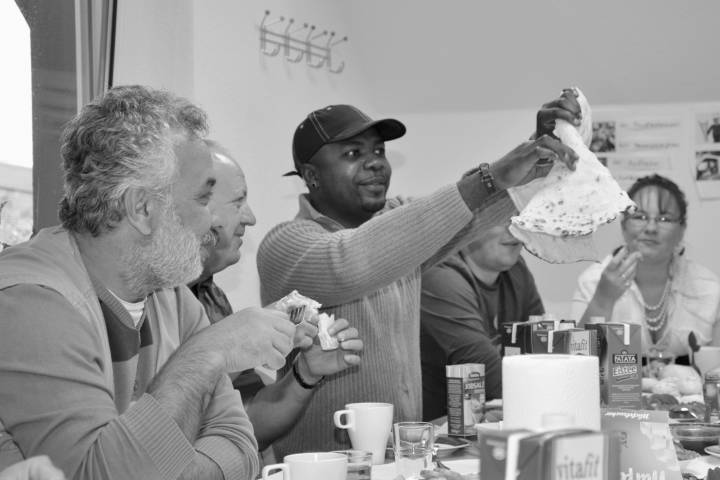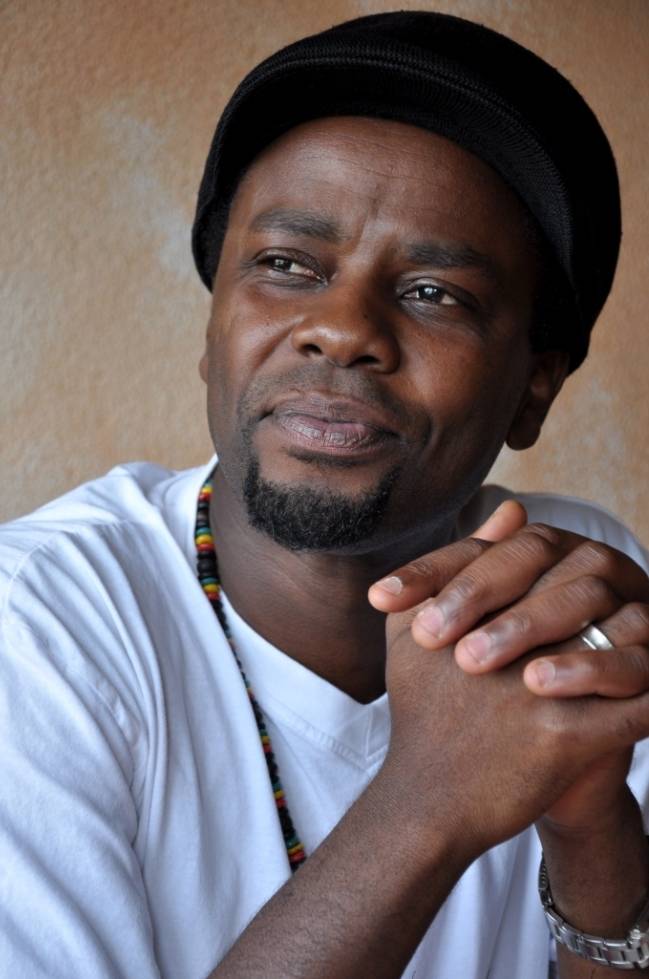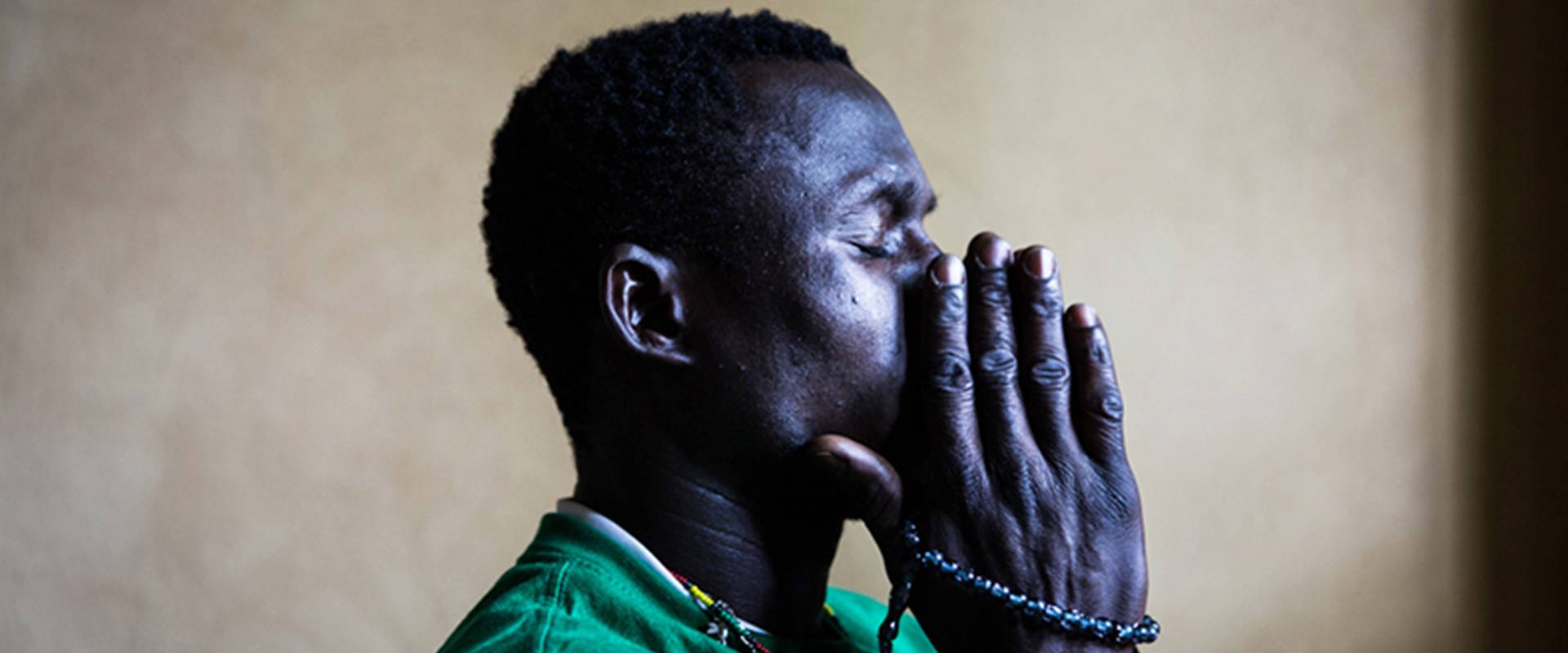All nine photos come from my time as a teacher of German as a foreign language. I spent almost two years in the classroom teaching the German language to most of those whose portrait I took. I’m still in contact with many of them today, I’m friends with some, and I’ve been friends with Rahme for 11 years. I started teaching German as a foreign language in 2003. People from different religions attended my courses, but most of them are Muslim. I didn’t know much about Muslim culture beforehand. I have my students to thank for what I know about it now; they allowed me to get a glimpse into their private lives, their customs and traditions, and their religion. They invited me to their weddings and to various celebrations and told me about their respective homelands – about life in Iraq, Iran, Afghanistan, Pakistan, Syria, Morocco, Turkey and so on. They told me about their lives, which have all been marked by war, fighting, bombings, poverty, and loss. They all live in Germany for a reason. Take 27 year-old Aissatou (4) for example. She had never been to school and is now learning to read and write. When her husband perished in Guinea, she and her two children were destitute. She had no other choice but to leave her children in the custody of relatives. She is trying to get a foothold in Germany, to build a life for herself. Each time she holds a child in her arms, she is struck by an inexpressible sadness, hoping to one day soon hold her own children again. Hamza and Abdulla are brothers (1, 2). They left their home-town Aleppo with their parents and four other siblings one-and-a-half-years ago when their home was destroyed. After a year in Lebanon they came to Germany. They have a severely handicapped brother who is able to receive help here. Hamza and Abdulla are keen footballer players, and even though they don’t speak much German, they have joined a team in which they’re the only foreigners, and they still manage to communicate well with their teammates. Carlos is a musician. He is from Angola, but grew up in the Congo. His family was forced to flee. He deals with his experiences of war in his songs. He was also persecuted in the Congo because of the political and socially-critical content of his lyrics. Even in Germany he still hasn’t stopped using his music to call attention to the situation in his homeland. Rahme attended my first integration course. One day in late autumn, while everyone was working quietly she suddenly stood up and went to the window as if in a trance: it was snowing. It was the first time she had ever seen snow... Maybe that’s why I photographed her looking out the window. All of my students leave their stories in my memory. I only need to see their faces in one of my photos to remind me of them.


